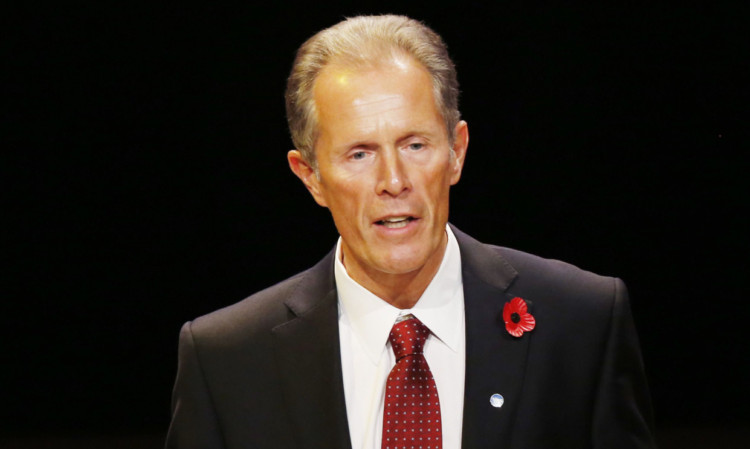Attempts have been made to “compromise” multiple email accounts at campaign group Yes Scotland since a police investigation into hacking was launched, sources have claimed.
The Courier understands “a combination” of accounts were targeted on Wednesday night just hours after it was revealed officers had been called in to investigate allegations by the pro-independence campaign group.
Speaking during a television interview on Thursday night, Yes chief executive Blair Jenkins revealed the organisation had been subjected to another cyber-attack, despite a probe by Police Scotland’s Digital Forensics Unit being made public.
Mr Jenkins told the programme Yes was “still being hacked” and they were “still under attack” on Wednesday night.
He said: “I can’t go into details but it took on a slightly more sinister turnwhich is why we had to shut down the entire internet system of the campaign and bring in experts to clear the system.”
Police officers again visited Yes headquarters on Glasgow’s Hope Street as they continued their probe.
A spokeswoman for the force said the inquiry was “ongoing” and there had been no further developments to report.
The hacking allegations came to light after an inquiry was made to Yes Scotland about a fee paid to Dr Elliot Bulmer, of the Constitutional Commission, for an article that appeared in a newspaper this week.
